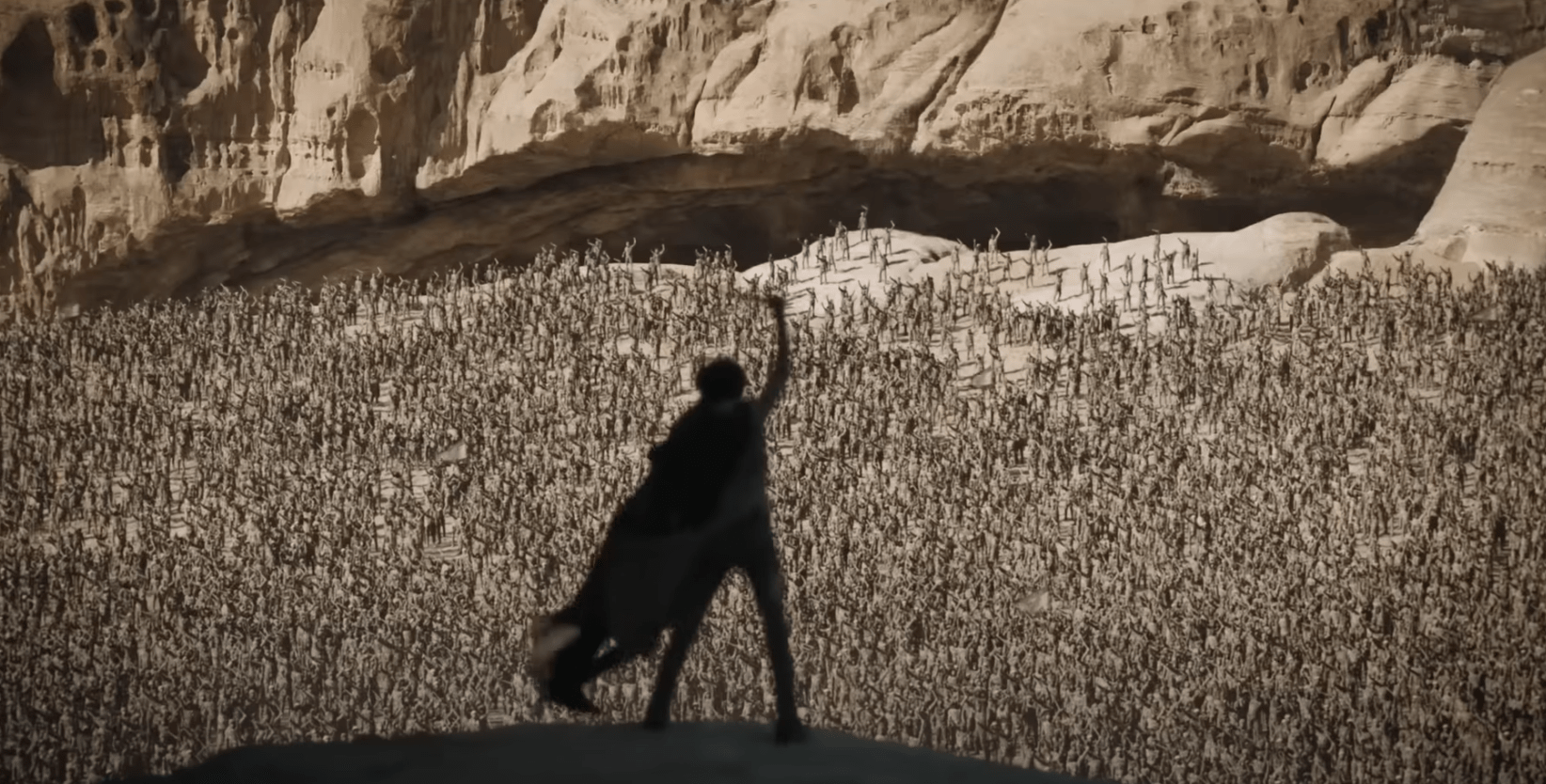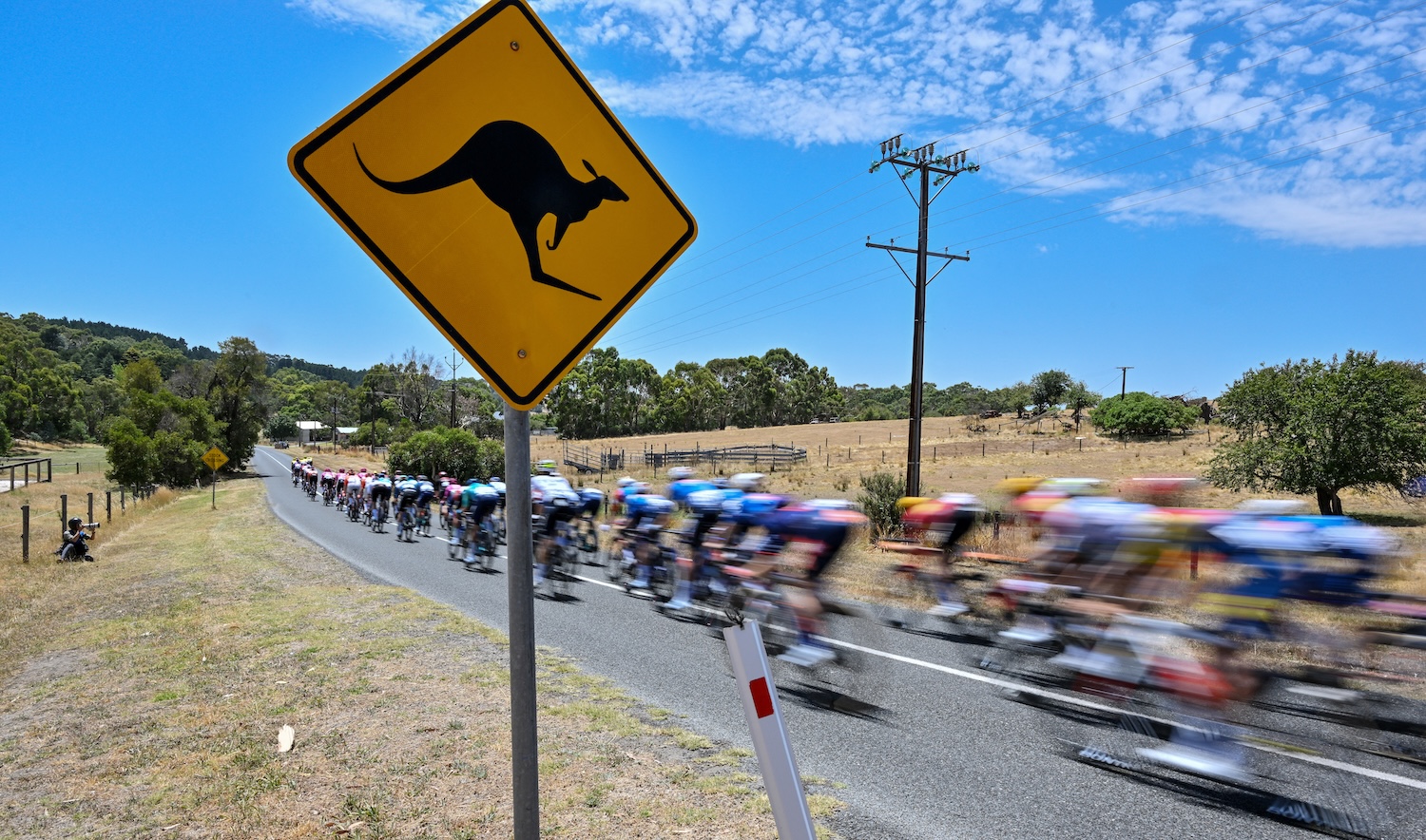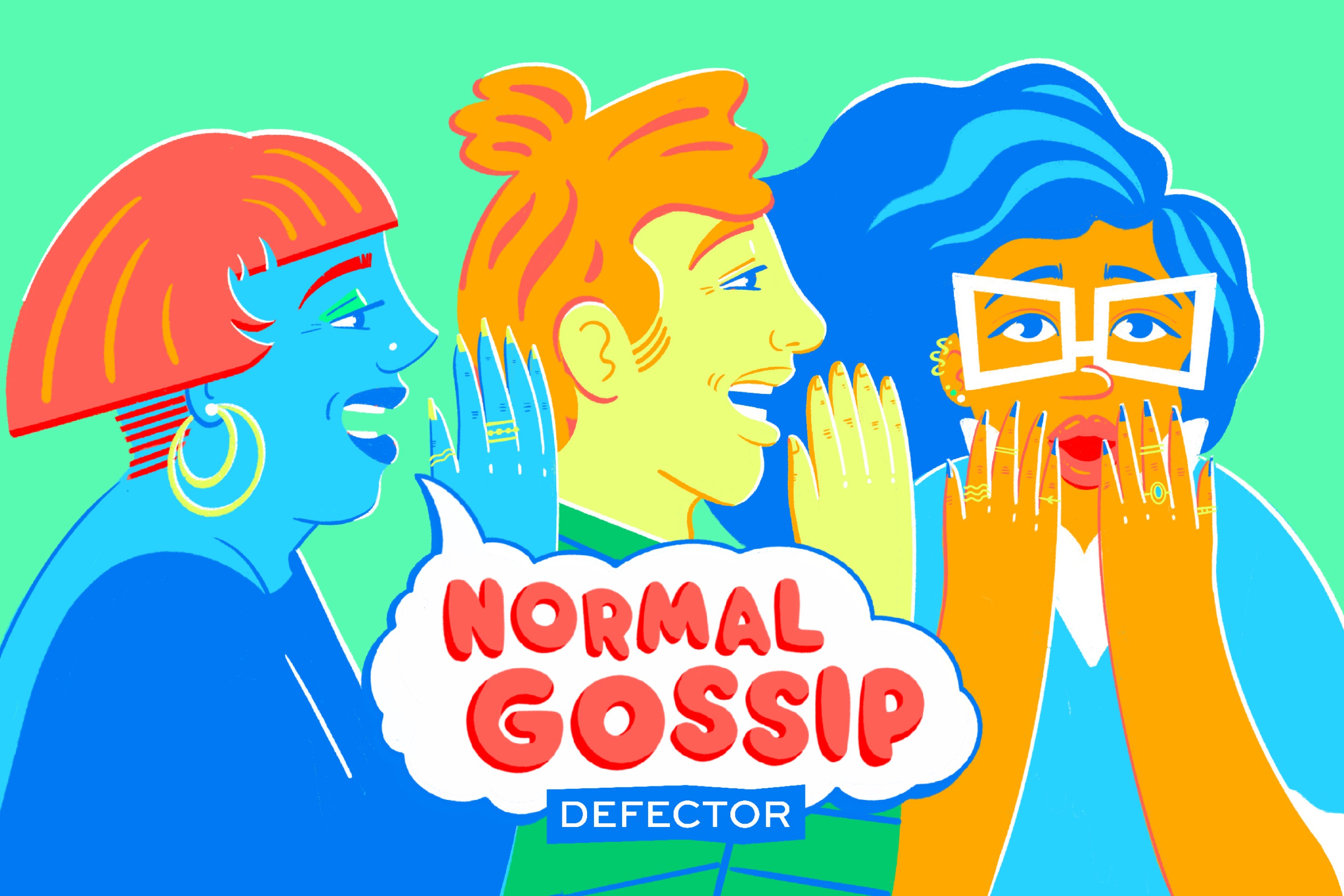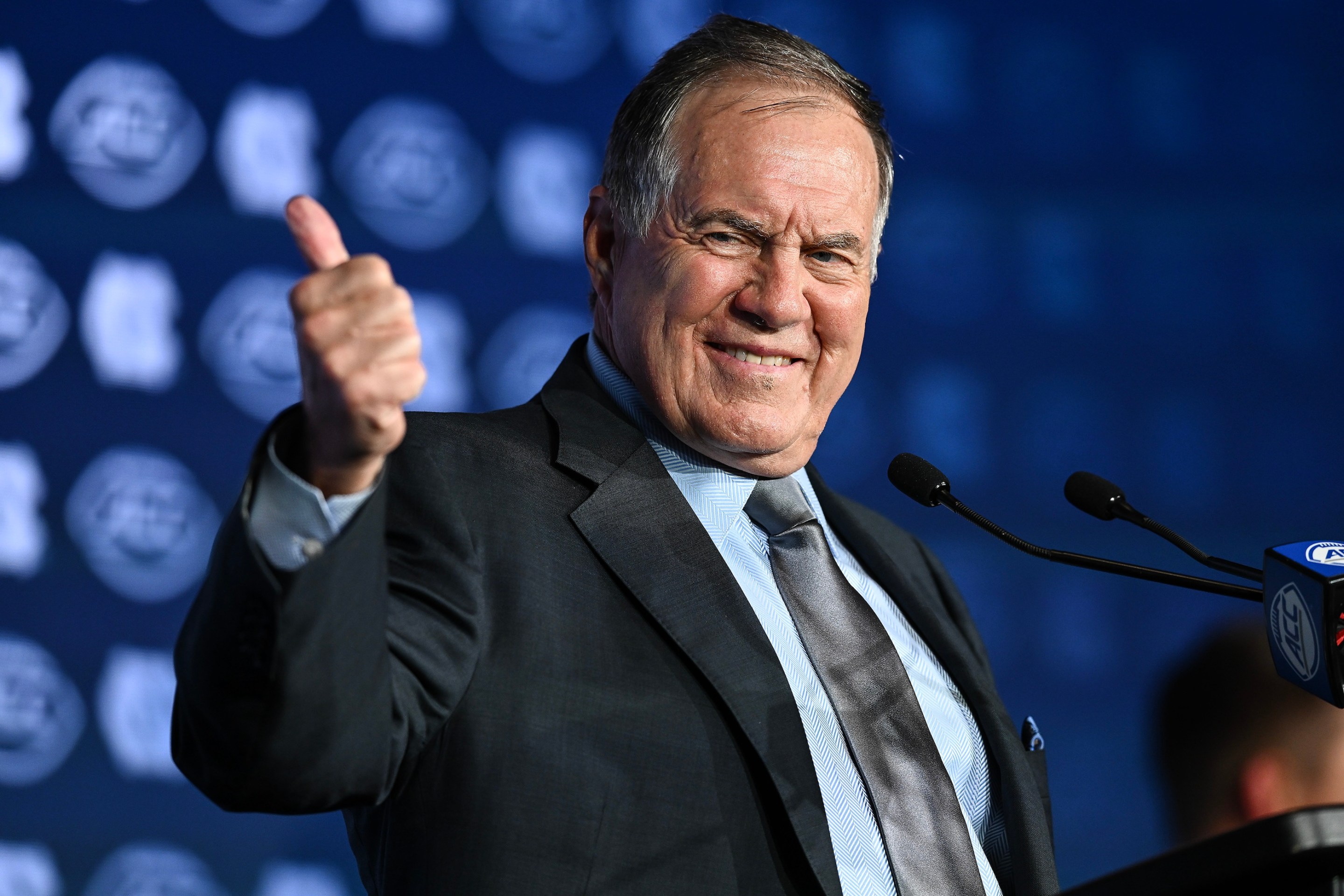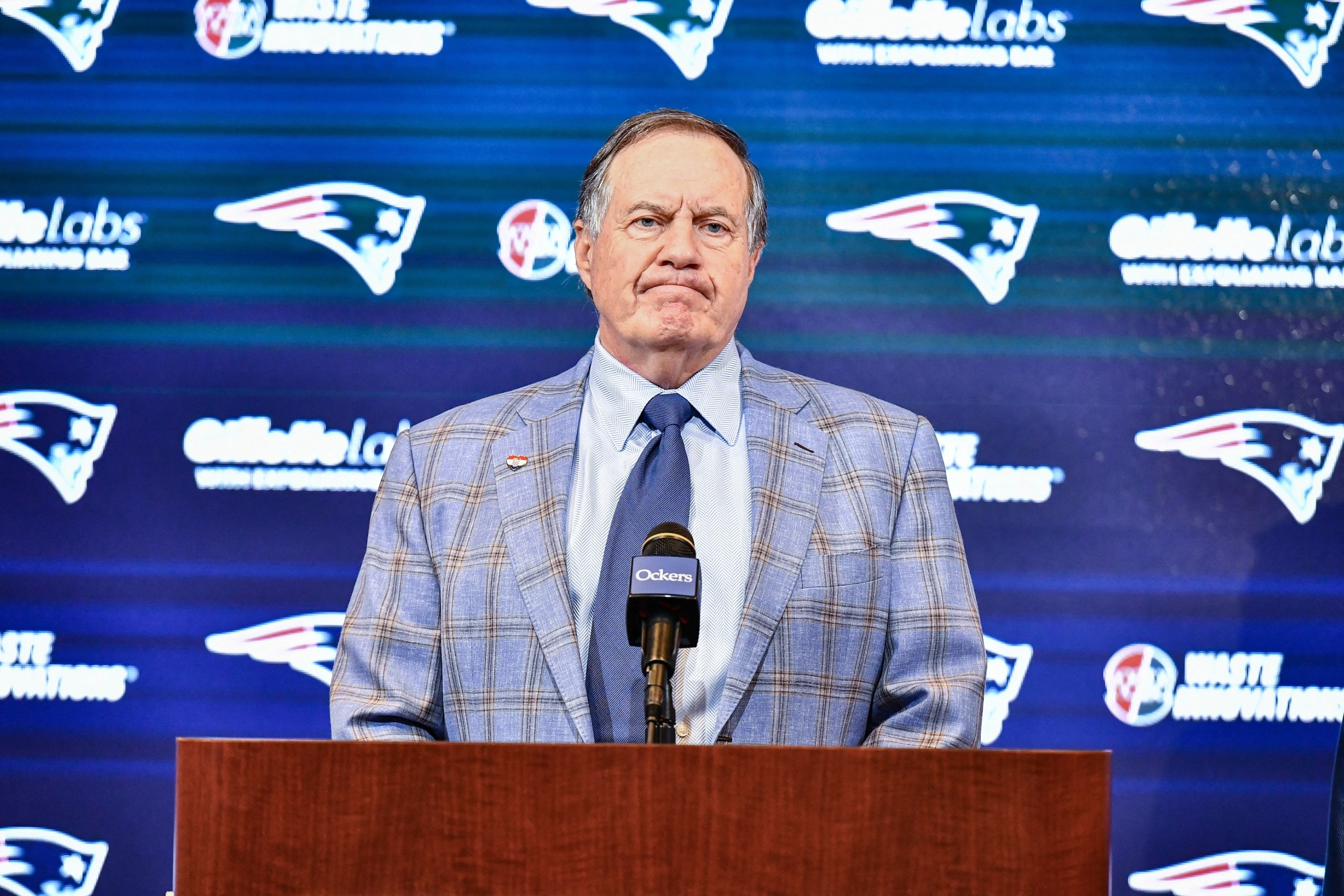Dune: Part Two, Denis Villeneuve's follow-up to his blockbuster 2021 adaptation of the book by Frank Herbert, arrives in theaters across the country Friday. It picks up right where that first one left off, following the misadventures of Paul Atreides, who is... a potential messiah? Prince that was promised? A quirked-up white boy gone off that desert spice? He is arguably all of the above, and inarguably played by Timothee Chalamet, and as the film begins he and his mother Lady Jessica (Rebecca Ferguson) join up with the indigenous Fremen to free the desert planet Arrakis from the despotic Harkonnens and a tyrannical, extractive empire.
I must disclose here that I am not much of a sci-fi reader. Not only have I not read Dune, I have only the most cursory understanding of it. That remains true after watching both of Villeneuve's adaptations, frankly, and if you're hoping to understand this story just from watching the movies, I expect you'll also be at a loss. It's not that the movie is confusing—it's not, really—as much as it is that a narrative this confounding and vast is hard to keep track of if you're a novice. So this is not a review of the movie as an adaptation; I won't be tracking what the film gets right or wrong, or changes, because I do not know. But I do feel confident in saying that, as a movie, Dune: Part Two is one of the finest spectacles you'll see in a cinema for some time. It's big and loud and juiced with action and brilliant performances by its star-studded cast. To watch this in IMAX and feel the seats shake as that Hans Zimmer score goes BWAMP and Villeneuve's ambition is fully realized was a true treat. Really it was.
And yet, there's still something about Dune: Part Two that left me frustrated once the sugar rush came crashing down. In the first Dune, Villeneuve successfully managed to bring Herbert's world to life, with a sense of wonder and scale and an eye for strange detail that astonished even fans of the book, who had spent many years thinking about all that. This is a story that filmmakers have struggled to adapt for years, sometimes famously so; the one director who finally did get it onto the screen, David Lynch, produced a version that couldn't quite live up to the ambition of the books or the imaginations of its fanbase. Villeneuve's Dune certainly got points just for not sucking, but it also felt true to the imagination and world building that people had in mind for it. So much and so successfully so, I think, that its faults in story structure, and character depth, and pacing, all felt more forgivable. Without that same sense of surprise and wonder in the second part, those flaws become a lot more obvious.
The pacing is off. The second hour is baggy and slow in parts, while the last 40 minutes feel very rushed. Character arcs either feel truncated or like mere archetypes to push the plot along—the second part is by necessity much more plot heavy than the first—although the actors make the most out of their roles. Austin Butler is intense as Feyd-Rautha, Zendaya is strong as Chani, Javier Bardem is going for it as Stilgar, Josh Brolin is really going for it as Gurney, and Dave Bautista is maybe going for it too much as Glossu Rabban. And I enjoy watching Stellan Skarsgaard sitting in that tar bath or whatever that is. Given all that great stuff, it feels like tedious complaining to nitpick such an enjoyable movie. And while Dune: Part Two is certainly a great deal of fun despite its shortcomings, they still matter, and they'll stick out the more times you watch it. They're certainly easier to discuss than the more complex aspects of the larger story.
There is no getting around those. Paul is a Jesus figure that will have a jihad carried out in his name by the Fremen. Much of this is a purposeful commentary about religion and hero worship on Herbert's part; it is also uncomfortable to watch while Gaza is being bombed out of existence. There's another shot in the movie that stuck out to me, mostly because it made me want to throw up. It's a quick shot of the Harkonnen's black-and-white home planet that purposefully looks like a film still of Nazi Germany.
The point isn't that Villeneuve shouldn't make choices like that, or that I don't understand the allegory. What struck me, and turned my stomach, was the reminder of the futility of metaphors in film. We've been watching Nazis and fascism depicted in movies/television for years, generally in paper-thin allegories, and yet none of that has seemed to do anything to prevent our descent into that same fascism. With that in mind, you'd at least hope for a little escapism from a film quite literally set on another planet. It's not that all that lavish attention to fascism's surfaces created a perverse fascination with it; history tells us that fascination is always and already there. But it also feels as if those metaphors and little visual nods have never been taken quite seriously. Maybe viewers pretended that, because they were on the right side, they didn't have to internalize the greater message; maybe they just got caught up in those shiny surfaces. In Villeneuve's Dune, the Fremen are the heroes, but they are also outgunned. In these films, resistance is a fight, and a communal organizing, and a forever war against an enemy whose avarice is bottomless and unreasoning. It's a concept we continue to struggle with outside of the movies.
Perhaps we're waiting on a "hero figure" like the one Paul Atreides is meant to be. Chalamet is a divisive actor, a teenie-bop poster boy turning into a leading man before our eyes. I've seen the vision for awhile now, but I was still impressed with what he pulls off here, and with the way he portrays Paul's inner torment between knowing his destiny and wanting to fight against it, for the sake of love. He's not the hero of Dune, exactly; he's a complicated figure that eventually uses the Fremen cause to his own ends. The messiah narrative is an easy one, in these films and in general; that devotion absolves you from having to solve your own problems to an extent, and the story seems to be trying to make that point. The movie can be clunky in doing so, but it's getting there.
I also thought a great deal about David Lynch's Dune while watching Dune: Part Two. For all its problems, based on just my cursory understanding of Herbert's text, Lynch's adaptation does capture an important aspect of the spirit of Dune, which is that it should be bonkers. It's trippy, acid-fueled, and often kinda gibberish; the image of Patrick Stewart carrying a nervous-looking pug into battle only hints at how nutty it can be. All of that has been stripped from Villeneuve's version, which plainly reveres and adores the story, sometimes too much so. It needed some more goofy to it, but that's probably true of every big IP movie that we get now. In those movies, everything is serious, and gritty, and gigantic, and in that sense Dune: Part Two is perfect. But it might be time to imagine a new world for ourselves.
